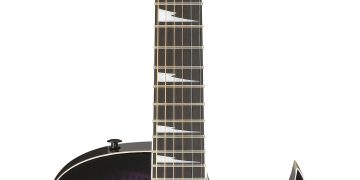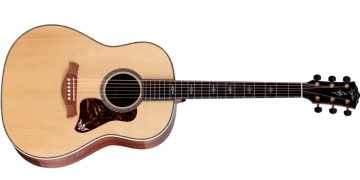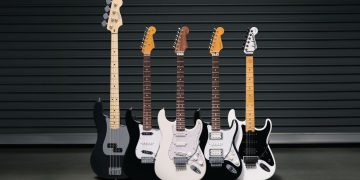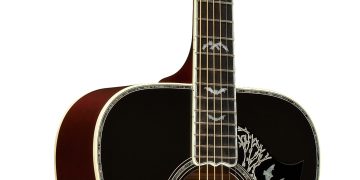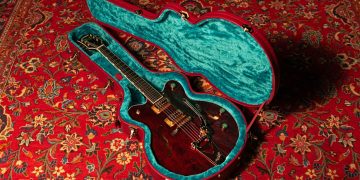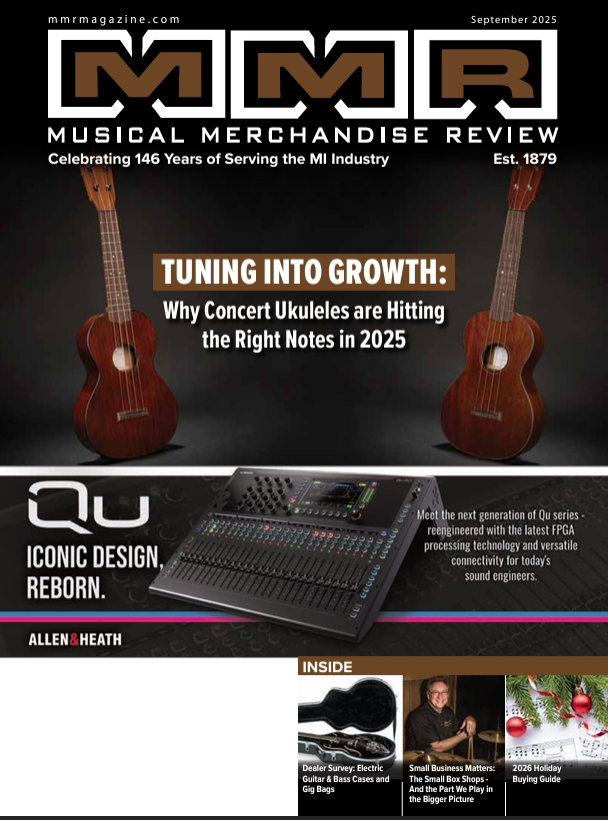 In 1950, Detroit’s population hit 1.85 million, making it America’s fourth-largest city. It was the hub of car manufacturing.
In 1950, Detroit’s population hit 1.85 million, making it America’s fourth-largest city. It was the hub of car manufacturing.
Ford, Chrysler, and General Motors, commonly referred to as the “Big Three,” were all based in Detroit and, along with other auto manufacturers, employed most of the city’s working population. However, by the 1960s, things began to change.
Due to economics, deindustrialization, and many other factors, car manufacturers were moving their operations out of Detroit to surrounding suburbs. As the manufacturers began moving out of the city, many of their employees did, too, and the population began to shrink. Detroit was emptying out and what was left was a gutted city, with the visual markings of a war zone. Detroit, once known as America’s pulsating center of industry, became known as a center of urban blight and decay.
In 2010, a U.S. Census Bureau report revealed that Detroit’s population was at its lowest level since 1910 and the city’s identity had long shifted from a boomtown to a ghostly shell of itself and a landscape of abandoned factories, theatres, and homes.
Lately, though, there have been small signs of a renaissance, thanks to dedicated residents who believe in the city’s future and pride of its past. One of those believers is Mark Wallace, owner of Wallace Detroit Guitars. Prior to starting his guitar business, Wallace worked in real estate in Detroit for a decade, spending a lot of time traveling around the city. “When you live in Detroit, it’s pretty hard to not get interested in abandoned buildings – unfortunately we have many of them,” he explains. At one point in time Detroit was home to 60,000 vacant properties. He continues, “It’s kind of heartbreaking. You think about the lives of the people who lived in those place and memories that were made. I think a lot of people look at that and wonder what they can do. You can rehab those properties, which is what I used to do a bit of, or do something else with them.”
A guitar player himself, Wallace started playing when he was 11 years old and has played in several bands throughout his career. However, the road to his guitar business didn’t necessarily start with music. As he explains, “Through my experience in real estate, I got involved and learned a lot about wood working. I bought an old house that was built in 1860, I spent time trying to fix the mistakes made by the previous owner. I’d screw things up and fix them again. That’s where I came up with the idea to make these guitars.”
In 2013 Wallace ran into an old friend who was working with a non-profit group that reclaims wood from the city’s abandoned buildings. He says, “I asked him who he was selling the wood to and he said he didn’t have a lot of customers yet. I introduced him to some contractors and architects in town.” Wallace went take a look at his friend’s workshop and saw some wood sitting on a cutting board, “It was cut on the end grain, so you could see all the age and history in the wood. And it was just about the same width as a guitar. I had recently learned about CNC routing a couple of weeks before, and as we were walking around the workshop, I Googled ‘CNC guitar’ and up popped some plans. That was it.” At first he thought he’d just make a guitar for himself, and he did. He posted a photo on Facebook of the guitar body he crafted and a neck that he bought online. As Wallace explains, “The image went viral almost instantly. People started sending me messages asking if I could make them a guitar.” This initial spark was also supported by an arts grant from John S. and James L. Knight Foundation, which helped him to put a business plan together.
The Guitars
Since then, Mark has sold over 140 guitars. He hasn’t necessarily done it all alone, as he says, “I have a great group of people. I’ve assembled a team who are incredibly good at what they do, and they love these instruments.” He has one direct employee who manages the business and the rest are sub-contractors, who work out of garages and workshops throughout Detroit. Wallace has his own workshop, but as he explains, “The guitars travel around.”
The journey begins at the Architectural Salvage Warehouse in Detroit, a non-profit organization that deconstructs the city’s abandoned buildings and salvages the wood. There are rules for salvaging the wood. He says, “We want to be a part of the positive story of Detroit.” They do not scrap wood from a house they do not own or support someone taking apart a house that could be renovated and brought back to life. “The non-profit we work with is very responsible,” he explains. “All of the revenue that the non-profit brings in goes to supporting job creation and historic preservation.” Wallace and his team have also bought wood from private individuals and developers. No matter what source is, there is a very intentional pathway to ensure it’s being done responsibly.
The Wood
The salvaging facility is where the wood that will transform into a Wallace guitar is dried and the nails are pulled. Some of the guitar lamination work is done there as well. From there, the wood goes from place to place. The entire process, from order to delivery, takes about three months. Most of the guitar parts, including pickups and hand-cut bone nuts, are custom made. As Wallace puts it, “Whatever changes the tone and the quality of the instrument is done in-house. The equipment we do buy is all high end, what you would use to modify a guitar and make it special.” In terms of the Telecaster- style shape and body of the guitars, it’s simply Mark’s personal preference, a style that he’s always favored. “It’s good hanging on a strap or when you’re sitting,” he says. He’s been asked to make other shapes, but he’s just not interested.
Many of the Wallace guitar bodies are carved from pine, but they also use maple and mahogany. In terms of the sound, maple produces a brighter sound, and with pine it gets a lot darker. As Wallace says of the wood, “The pine is interesting – you could never go to a lumber yard now and get some pine to build a guitar. That new pine is grown so quickly in commercial farms and the density of the wood is minimal, not a very tight grain pattern. The pine that we work with will generally come from a structure that was built in sometime around 1880 to 1920. Those trees were about 100 years old coming from old growth forests around Detroit and produced a grain with different properties and density than modern pine. So the pine we use to build the guitars has the qualities similar to ash.
But, the older trees contain a lot of sap and require a long drying time.” The wood has many variations and when each piece is joined together, it creates butcherblock-style pattern, with each piece placed carefully on the front of the guitars, providing a unique look to each instrument. The back is a solid piece of wood and the two sides are joined together with a veneer, creating a strong and sturdy neck pocket.
Currently, most of Wallace’s guitars are custom orders. Customers can go to the Wallace Detroit Guitars website and dial in exactly what features they’d like. The process evolves on the site as they make decisions about finishes. The company does have a small inventory of guitars that are on-hand, but they sell quickly once they’re built, and prices range from $1,800 to $3,100. “Typically, our customers are collectors of guitars and are intrigued by the idea, or people who really love Detroit and have an emotional connection to the music or the city itself,” Wallace explains. “The guitars are made to be played, but they’re also works of art and collectable pieces and a lot of customers are at that level. We’ve shipped internationally and have sold guitars in about 10-15 states – fifty percent of the sales are in Detroit and the rest are out of state.”
Wallace Detroit Guitars does not have a brick and mortar retail footprint. They’re currently considering partners and dealers who would be interested in stocking their guitars, but for now, Wallace says, “It’s mostly online sales, custom orders, but we’d like to find some retail outlets. Right now, we love working with Reverb.com. They do a great job. The Chicago Music Exchange has been great too.”
The Future
How does a business of such an artisanal nature and custom output grow? Mark Wallace has a plan: “Our goal is to continue adding options and pushing design. Expanding to basses will be a big deal for us. We’ll also be playing around with different models and price points. Right now, the guitars are high end and a great investment. But there are a lot of people who want to buy a guitar for $500 or $600. At some point we’d like to offer an entry-level product with less high-end components. The important thing for us is to always be sourcing interesting pieces of wood. We want to continue to work with these old buildings.” Currently, all of Wallace’s guitars feature hand-shaped necks, hand-cut bone nuts, and hand-wound pickups. Wallace continues, “If we want to continue making the bodies out of reclaimed wood from Detroit and add components that are more of the shelf, we could change the price point. Also, the lamination on the end grain has been a time-consuming process. If we did a two-piece body, put a simple finish on it, bought necks instead of making them, bought components instead of making them, it would allow for a lower price point.”
“We’d like to be seen as a brand that’s played on stages all over the world. I’d also like to expand in terms of the wood. I love New Orleans, and they also have many abandoned buildings, most of which were built from swamp ash. It would be great to do something similar there.” Much like Detroit, New Orleans has a special history of music, struggle, and a renaissance of its own. Meanwhile, the empty buildings in Detroit still sit, waiting for a second life, and Wallace Detroit Guitars may give them one.










